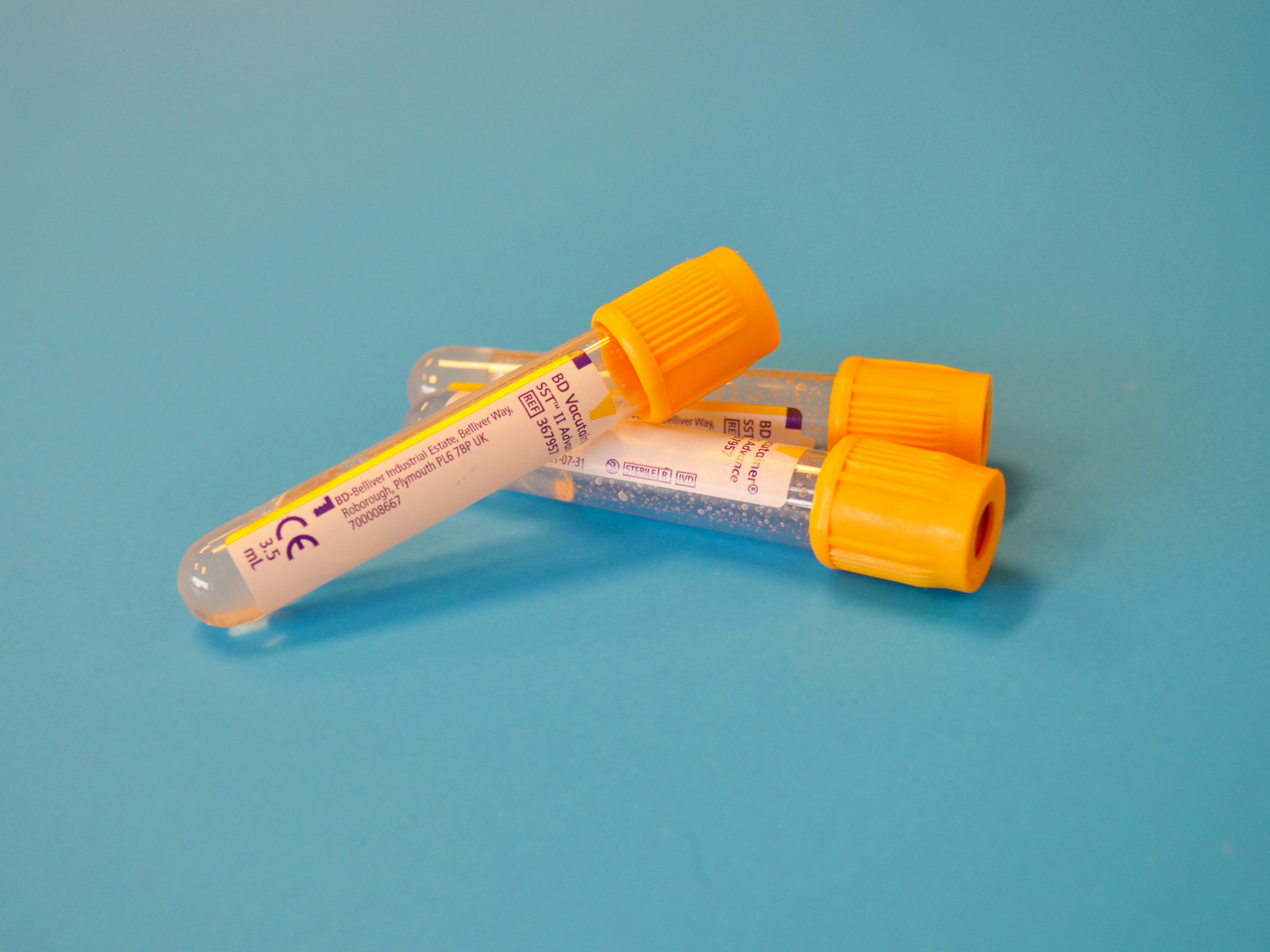Why you should start taking care of your heart health now.

It is well known that that cardiovascular disease is a large contributor to disability and death. Heart disease is the leading cause of death worldwide. However, when we think of heart disease, we frequently think of individuals around 60-70 years. We don’t often think of reducing the risk of heart disease in our 20’s or 30’s.
The formation of heart disease takes many years and is often not accompanied by symptoms until irreversible damage is done. Atherosclerosis or the clogging of arteries can begin as early as the teen years, depending on individual risk factors. If you want to learn more about the development of atherosclerosis, check out this blog
Stroke and heart attack are often thought of as events which occur in those who are over the age of 60 years. It is true that the incidence of these events is much higher in those who are over the age of 65. However, according to a 2016 article in JAMA Cardiology, 50% of men and 33% of women who will have a cardiac event (stroke or heart attack) will have it before the age of 65. Just under 25% of men who are going to have a cardiac event will have it before the age of 55.

Sniderman AD, Thanassoulis G, Williams K, Pencina M. Risk of premature cardiovascular disease vs the number of premature cardiovascular events. JAMA cardiology. 2016 Jul 1;1(4):492-4.
It is important to remember that cardiovascular disease takes many years to develop. Therefore, those who have heart attacks in their 40’s and 50’s, most likely had heart disease beginning in their 30’s and 40’s partially due to risk factors in their 20’s. It is hard to pinpoint an exact start to the development of heart disease because it develops gradually and there are several risk factors, some in our control, others out of our control.
These statistics are not meant to evoke fear, rather, I want to empower you to take control and responsibility for your health from a young age. How you treat your body in your 20’s and 30’s matters. This doesn’t mean that you can’t make significant changes to your health later in life, but the longer you take to care about your health, the harder it gets and less impact you can have. Preventative care is crucial for a healthy future. And remember- you don’t have to do it all at once. Small steps is the way to go for sustainable change.
Are you looking for an individualized approach to your health? Let’s chat and create a plan for you.










